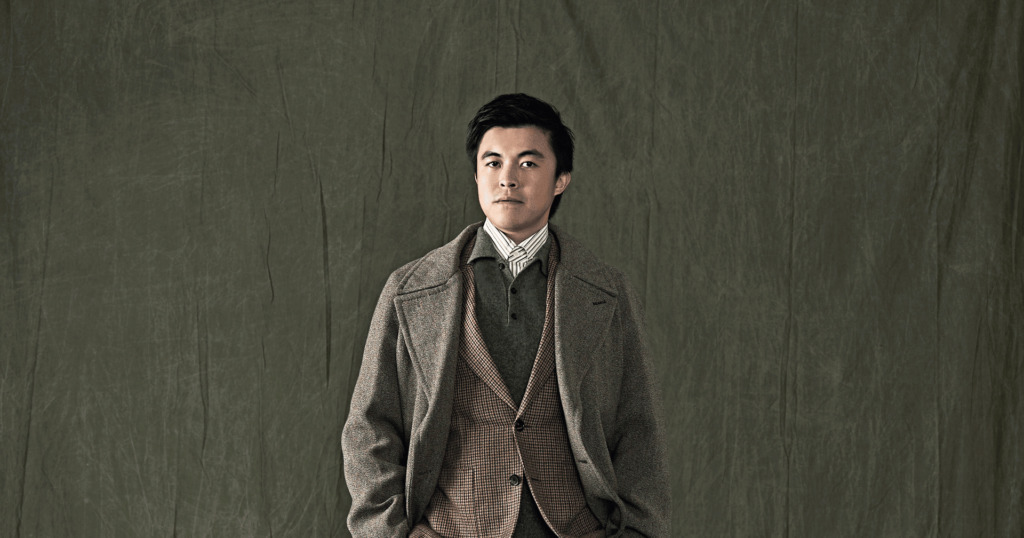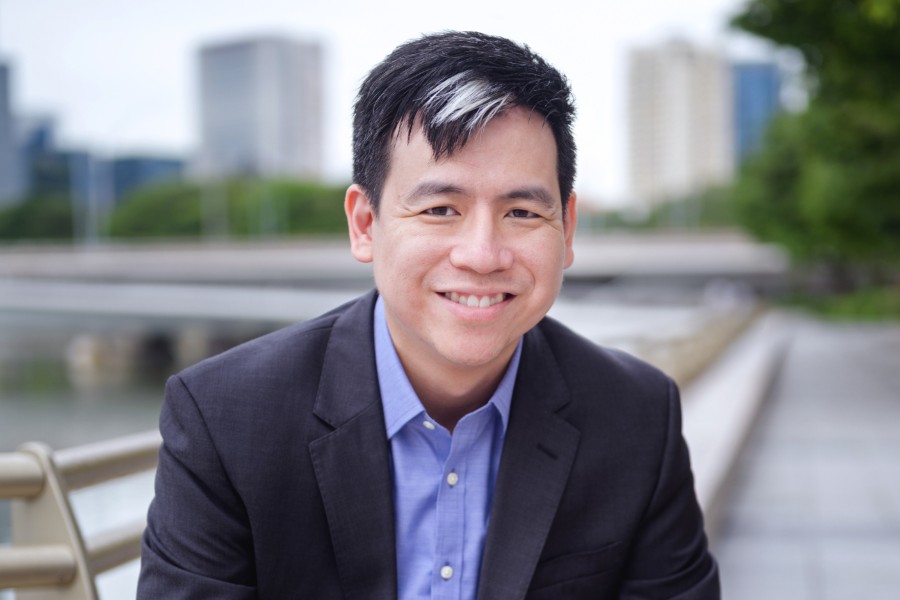If global organisations wrestle with consistency across distance, family businesses face the most intimate test of all: whether culture can survive the founder. For Dennis Chua, founder of Timah Partners, succession represents the ultimate measure of whether culture was built into the organisation or remained dependent on a single person.
The difficulty is not simply financial. “The difference between a transaction and a succession is that the outgoing owner is willing to lend his reputation to you as the new owner,” Chua explains.
That act of lending is personal and perilous. It involves staff who have been with the company for decades, customers who have traded on trust, and friends who have invested not for profit but for loyalty.
This reveals succession as fundamentally a cultural act. A founder who has spent forty years building a business discovers that the business’s future depends not on its balance sheet but on its capacity to inspire continued faith.
Chua’s solution is to cultivate leaders capable of earning that faith: “Followership is followership, is followership. It’s not a real word — but it is. It means what it sounds like. Can you get people from all walks of life to want to follow you?”
Here, culture proves whether it was ever more than the founder’s personality projected outward. A business sold without trust is merely a transaction. A business entrusted to someone who can earn followership is a true succession — culture passing from one generation to the next, tested and proven transferable.
Read the full story on The Peak Singapore



